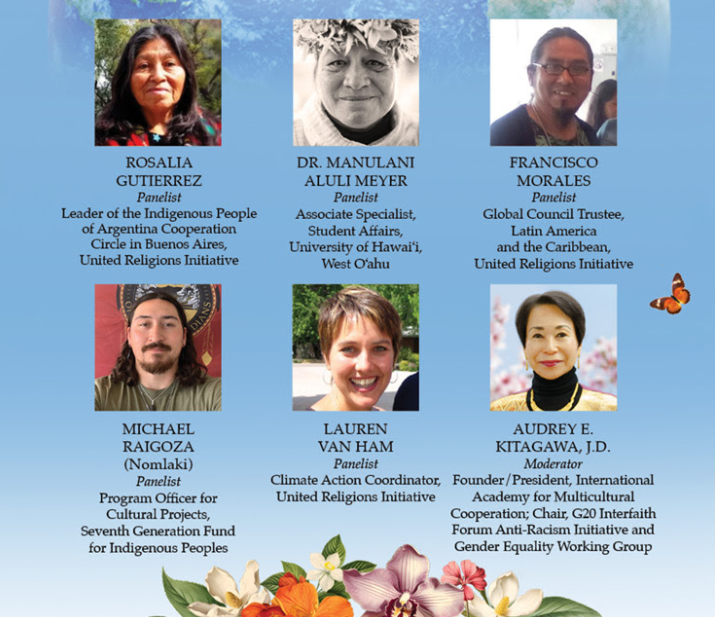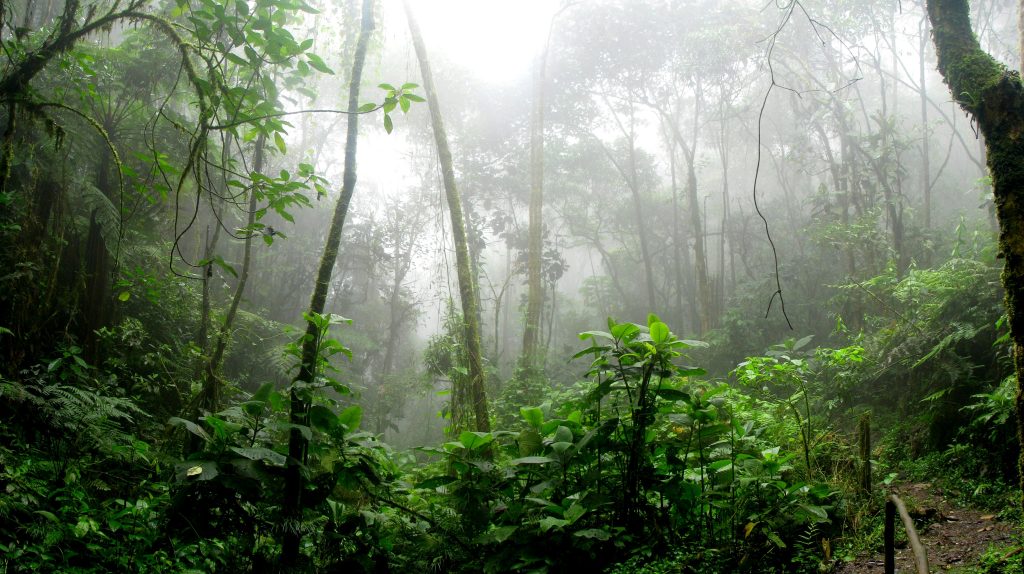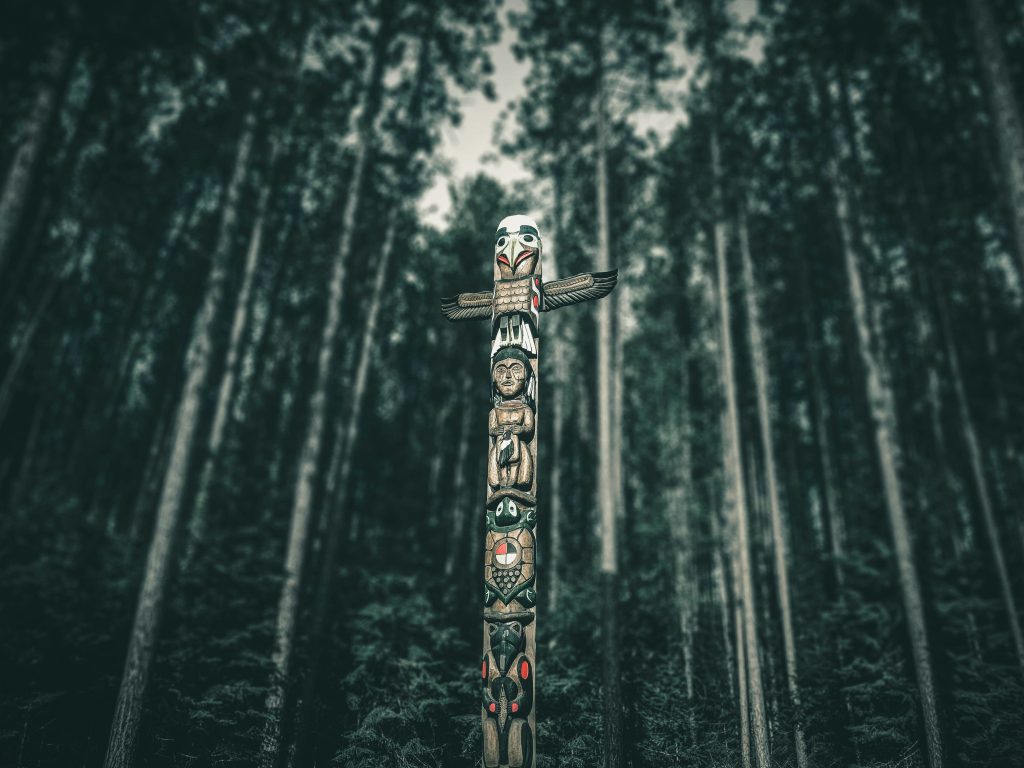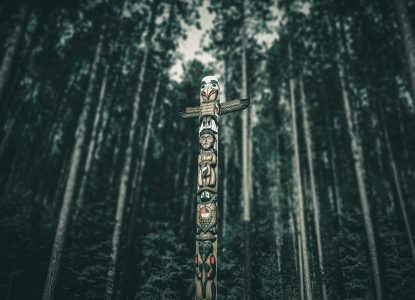By JoAnne Wadsworth, Communications Consultant, G20 Interfaith Forum
– – –
On May 9, 2024, the G20 Interfaith Forum, in collaboration with G20 Social, the International Academy for Multicultural Cooperation, Niu Now, the Seventh Generation Fund for Indigenous Peoples, and the United Religions Initiative, hosted a virtual panel discussion entitled “Sacred Values and Traditional Wisdom of the Indigenous Peoples.” The event brought together indigenous leaders and experts to explore how the sacred values and traditions of indigenous peoples can help address the pressing climate challenges we face today.
Panelists included Rosalia Gutierrez, Leader of the Indigenous People of Argentina Cooperation Circle in Buenos Aires for the United Religions Initiative (URI); Dr. Manulani Aluli Meyer, Associate Specialist of Student Affairs at the University of Hawai’i West O’ahu; Francisco Morales, Global Council Trustee for Latin America and the Caribbean at the United Religions Initiative (URI); Michael Raigoza, member of the Nomlaki tribe of Northern California and Program Officer for Cultural Projects at the Seventh Generation Fund for Indigenous Peoples; and Lauren Van Ham, Climate Action Coordinator at the United Religions Initiative (URI). Audrey E. Kitagawa, J.D., Founder and President of the International Academy for Multicultural Cooperation and Chair of the G20 Interfaith Forum Anti-Racism Initiative and Gender Equality Working Group, moderated the discussion.

Kitagawa began the discussion by introducing each of the panelists, and highlighting why the sacred values and traditions of indigenous peoples are so needed today. She emphasized the potential of these values and traditions in helping the world face its climate challenges, then invited each of the speakers to present their thoughts.
Rosalia Gutierrez
Gutierrez shared her profound connection to Mother Earth and the wisdom passed down from her ancestors, focusing on connection with what is around us and the power of learning through observation of nature.
“I was born among trees. My parents lived with the teachings of Mother Earth, of nature, and this is what they taught me in life. They taught me all the cycles of life, the songs, the dances. When the sun is out, I speak with the sun. When it rains, I dance. This is what I want to show you—the connection to life, the connection to Earth.”
She emphasized the importance of observing and learning from the cycles of nature, encouraging people to “go back to the Earth for answers” on what to do in drought, conflict, and times of pollution and contamination, citing the behaviors of wild animals and insects that can be observed and learned from. She said this connection fosters a deep understanding of the reciprocal relationship between humans and the environment.
“Whatever we do to nature, whatever we do to other people, and animals, and plants, is going to come back to us. We get back what we give, whether that is conflict or peace, health or illness, prosperity or poverty.”

Dr. Manulani Aluli Meyer
Dr Meyer delved into the Hawaiian concept of our connection to the land – the “aina” – “that which nourishes and instructs,” or “family.” She stressed the importance of embodying the spirit of the land through principled behavior and love.
She said that the challenges and conflicts of modern society are bringing with them a complimentary opposite – the benefit of helping us to wake up and energetically connect with one another and the Earth once again.
“Observe the cycles, see the systems of continuity. That’s what Indigenous Knowledge really is. It’s continuity, embracing whatever is beside us. It’s a fundamental understanding of the world.”
Meyer also shared the Hawaiian principles she is bringing forth into the world, with “Aloha” being the primary one:
“The central essence of our purpose in life is to love. It’s how we embody the spirit of our beloved homeland. … If your principled behavior is to love land at your center, you are not going to commodify Her. May we rise together and support each other’s clarity, feed each other with the wisdom of our ancients, and continue on this beloved journey.”
Francisco Morales
Morales discussed the concept of “cosmo-vision” – a unity of thoughts that unites all indigenous communities in the Americas. Though this way of thinking and being goes by various names in the Americas (“wisdom of the sun,” “the good way of living,” “the wisdom of the Earth”), it is a universal life practice in Indigenous communities, working with the natural world instead of against it.
“If the Indigenous cosmo-vision had spread across the world instead of the western version of knowledge, there would have been no Hiroshima or Nagasaki. There would be no nuclear war. Because there is no abstraction in the knowledge of Indigenous cosmo-vision. It is based on observation of the earth and is geared toward deepening our connections with her.”
He stressed the importance of recovering and preserving this cosmo-vision, which is being lost in the face of Western influences. He highlighted the need for more spaces where indigenous people can share their knowledge and connect with one another.

Michael Raigoza
Raigoza shared his tribe’s ancient knowledge of fire as a tool and management system. He explained how California tribes are reconnecting with the practice of cultural burns to prevent devastating wildfires caused by the suppression of indigenous fire management practices.
“Recently, California tribes have been working on successfully reconnecting with this practice by getting certified to hold these cultural burns on our reservation land. There is such thing as a good fire, and there is a wealth of indigenous knowledge held by this practice. This partnership of traditional wisdom and government agencies in our traditional territories and even our national parks is very promising.”
Raigoza emphasized the sacred relationship between indigenous peoples and fire, which provided food, cleared trails, and prevented undergrowth buildup.
Lauren Van Ham
Ham spoke from the perspective of a non-indigenous person about the critical importance of learning from indigenous ways of knowing, given the current extractive and exploitative practices that are causing harm to the Earth. She emphasized that 69 percent of Earth’s biodiversity has been lost in the last 50 years, and that indigenous peoples are the caretakers of the majority of the world’s wild lands. In this context, she highlighted the Global Biodiversity Framework’s Target 22, which calls for the inclusion and implementation of indigenous knowledge and practices, and said that “all is useless until we include indigenous voices in that space.”
She cited a few examples of cooperation circles and URI programs in Uganda (NASACURI), who are teaching young people indigenous principles like agroforestry, traditional seed banking, and more, in addition to conducting culturally responsive research and policy advocacy.
“I’m interested in this bridge-building that can happen between our past and our future, between our elders and the youth, between those who were raised with the earth and just learning. We don’t have much time to do this. And I’m grateful for all our mentors across the world teaching us these indigenous ways.”
Q&A Session
The Q&A session delved into various aspects of indigenous wisdom and practices. Rosalia Gutierrez emphasized the importance of community and the complementary roles of men, women, children, and elders in preserving and transmitting indigenous agricultural systems. Dr. Manulani Aluli Meyer shared Hawaiian principles, such as Aloha, sharing, mentoring through love, and forgiveness, which are being brought forth to elevate communion with others and the earth.
Francisco Morales stressed the importance of using indigenous knowledge to organize society and change the criteria for construction and building. Michael Raigoza discussed how implementing indigenous land management practices through controlled burns could minimize the impact of disastrous fires in California. He also provided specifics on how cultural burns are conducted, emphasizing the importance of working with tribes and forest services to make location-specific decisions. The panelists also addressed the challenges of working with governments that often undervalue indigenous knowledge and the need to promote indigenous wisdom in civic settings.
Conclusion
The panel discussion concluded with a powerful call to action from the speakers.
Rosalia Gutierrez emphasized the openness of indigenous peoples to dialogue and their willingness to contribute their knowledge for the good of the Earth.
Dr. Manulani Aluli Meyer sang a heartfelt Hawaiian song, reminding us of the essence of our purpose: loving land, serving people; serving land, loving people.
Francisco Morales reiterated the opportunity we have to live together in a better way by reconnecting with the simplest truths in the knowledge of our grandparents.
Lauren Van Ham shone a light on the importance of continuing to invite indigenous voices into the spaces where they have not been centered; getting them in the rooms where decisions are made so that we can be making choices that benefit seven generations ahead of us and beyond.
As we face the daunting challenges of climate change and environmental degradation, the wisdom and traditions of indigenous peoples offer a path towards healing our planet. By embracing their deep connection to the Earth, their understanding of reciprocity, and their commitment to living in harmony with nature, we can work together to create a more sustainable and compassionate world for generations to come.
– – –
JoAnne Wadsworth is a Communications Consultant for the G20 Interfaith Forum Association.


